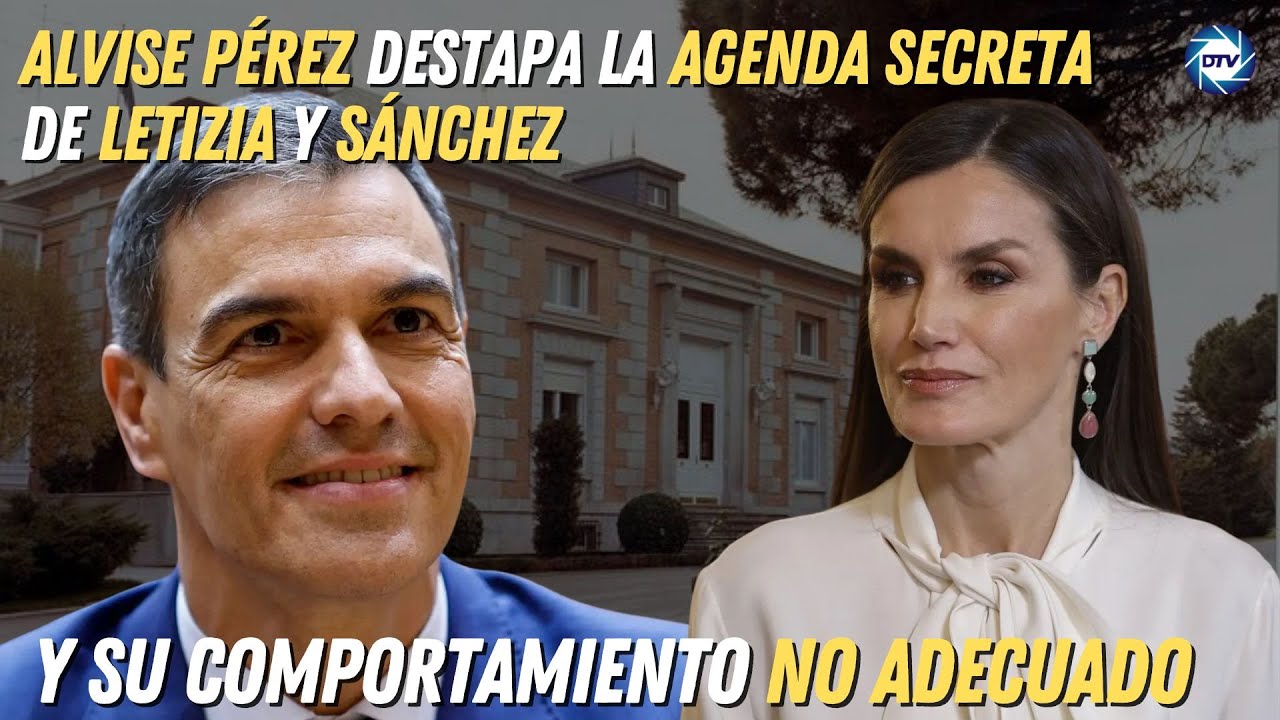[ไทย] เทคนิคจำ "คำราชาศัพท์" ภายใน 10 นาที
Summary
TLDRThe video script is an educational guide on the proper use of Thai royal language, focusing on the respectful forms of address for various dignitaries such as the King, Queen, and members of the royal family. It explains the origins of these terms, which are derived from foreign languages like Pali and Sanskrit, and also those created by combining words. The script delves into the nuances of royal nouns, verbs, and adjectives, emphasizing their significance in Thai culture. It also touches on the use of respectful language when addressing monks and commoners, highlighting the importance of linguistic etiquette in Thai society.
Takeaways
- 😀 The script provides an introduction to Thai royal language, which is a form of speech used to address or refer to members of the Thai royal family and high-ranking clergy.
- 🏰 It explains that royal language is divided into different levels of formality and respect, starting with the highest level used for the King and Queen.
- 👑 The script mentions the origins of royal language, which include borrowings from languages like Pali and Sanskrit, as well as newly coined terms.
- 📜 It highlights that royal language includes not only nouns but also verbs and adjectives that are used to describe actions and attributes related to the royal family.
- 🙏 The script touches on the use of royal language with monks, emphasizing the importance of respect and the specific terms used to address them.
- 🌟 It provides examples of royal language terms, such as 'พระบรมธาตุ' and 'พระมหากษัตริย์', and explains their meanings and contexts of use.
- 📖 The script advises on the correct use of royal language, stressing that it should be used appropriately and not confused with common language.
- 📝 It outlines the rules for using royal language with the royal family and high-ranking monks, including the use of specific prefixes and honorifics.
- 👉 The script also covers the use of polite language in Thai, which is distinct from royal language and is used in everyday conversation to show respect.
- 💡 Lastly, it emphasizes the importance of understanding and using Thai royal language correctly as a sign of respect and cultural awareness.
Q & A
What does the term 'ราชาศัพท์' refer to in Thai language?
-In the Thai language, 'ราชาศัพท์' refers to royal or court language, which is a form of speech that is appropriate and respectful when addressing or referring to members of the royal family and other dignitaries.
Who are the main individuals that 'ราชาศัพท์' is used for in Thailand?
-In Thailand, 'ราชาศัพท์' is primarily used when addressing or referring to the King and Queen, members of the royal family, high-ranking monks, and other dignitaries.
What are the two main origins of 'ราชาศัพท์'?
-The origins of 'ราชาศัพท์' are twofold: 1) borrowed from other languages such as Khmer and Pali, and 2) newly created by combining words.
Can you provide an example of a 'ราชาศัพท์' term used for the royal family?
-An example of 'ราชาศัพท์' used for the royal family includes terms like 'พระบรมวงศานุวงศ์' which refers to members of the royal family.
What are some specific 'ราชาศัพท์' terms used for everyday objects when referring to the royal family?
-Specific 'ราชาศัพท์' terms for everyday objects include 'เสื้อผ้าธาร' for clothing, 'พระกรไม้เท้า' for shoes, and 'พระที่นั่ง' for the seat of the royal family.
How is 'ราชาศัพท์' different from common language in terms of grammar and vocabulary?
-While 'ราชาศัพท์' shares some vocabulary with common Thai language, it differs in its use of honorifics and specific grammatical structures that convey respect and reverence towards the addressed individuals.
What are some guidelines for using 'ราชาศัพท์' correctly?
-To use 'ราชาศัพท์' correctly, one must adhere to specific guidelines such as using appropriate honorifics, avoiding colloquialisms, and ensuring the language reflects the dignity and status of the individuals being addressed.
How does the use of 'ราชาศัพท์' differ when addressing monks?
-When addressing monks, 'ราชาศัพท์' is used with terms that show respect and reverence to their spiritual status, such as 'สมเด็จพระสังฆราช' for the highest-ranking monks.
What are some common misconceptions about the use of 'ราชาศัพท์'?
-A common misconception is that all high-ranking monks or members of the royal family require the use of 'ราชาศัพท์'. In fact, only certain terms are used for specific individuals based on their rank and status.
Can you provide an example of a 'ราชาศัพท์' phrase that is used to show respect?
-An example of a respectful 'ราชาศัพท์' phrase is 'ทรงพระสุบิน', which is used to refer to the King's sleep, showing respect and reverence.
What are some 'ราชาศัพท์' terms used for everyday activities when referring to the royal family?
-Terms like 'ทรงกิน' for eating, 'ทรงเดิน' for walking, and 'ทรงยืน' for standing are used to describe everyday activities of the royal family in a respectful manner.
Outlines

This section is available to paid users only. Please upgrade to access this part.
Upgrade NowMindmap

This section is available to paid users only. Please upgrade to access this part.
Upgrade NowKeywords

This section is available to paid users only. Please upgrade to access this part.
Upgrade NowHighlights

This section is available to paid users only. Please upgrade to access this part.
Upgrade NowTranscripts

This section is available to paid users only. Please upgrade to access this part.
Upgrade NowBrowse More Related Video

Anarkali लेकर गयी Laboni को हमाम के लिए | Jodha Akbar | Ep 539 | Zee TV

💥ALVISE PÉREZ destapa la 💥AGENDA SECRETA de LETIZIA y SÁNCHEZ💥 y su comportamiento no adecuado💥

Brief History of the Royal Family

How King Charles has managed his difficult first year – The Global Story podcast, BBC World Service

SINRILIK KESO-KESO DAN BOSI TIMURUNG - ANTARA AGAMA ADAT DAN BUDAYA

La familia del rey Juan Carlos I. Nivel A1
5.0 / 5 (0 votes)